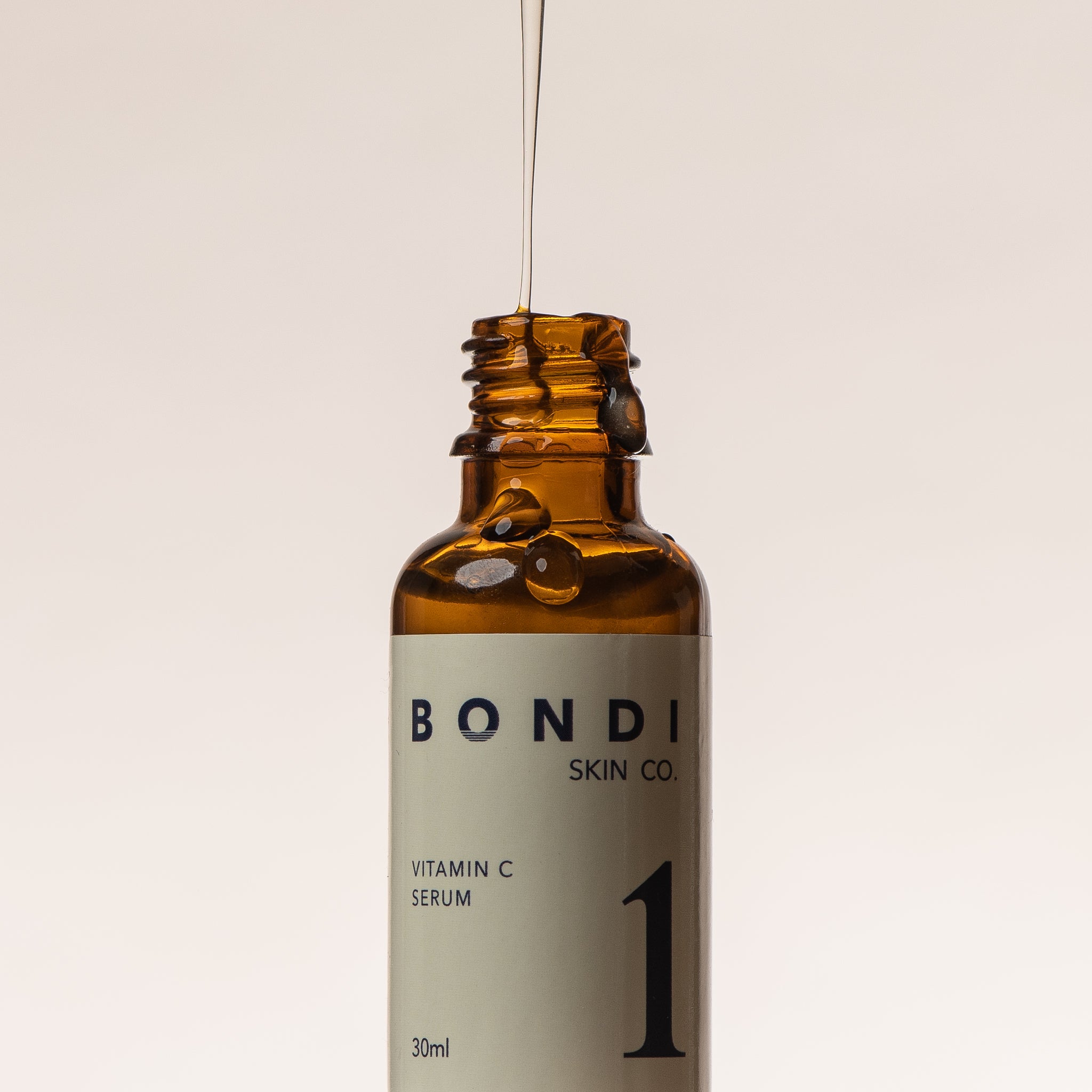Vitamin C is beneficial for both men and women when it comes to skincare. It plays a crucial role in maintaining the health and appearance of the skin. Here are some ways in which vitamin C can benefit men's skin:
1. Collagen production: Vitamin C is essential for the synthesis of collagen, a protein that provides structure to the skin. It helps in the formation of new collagen fibers, which can improve skin elasticity and reduce the appearance of wrinkles and fine lines.
2. Antioxidant protection: As an antioxidant, vitamin C helps neutralize free radicals, which are unstable molecules that can damage skin cells and contribute to aging. By reducing oxidative stress, vitamin C can protect the skin from environmental aggressors such as UV radiation and pollution.
3. Brightening and even skin tone: Vitamin C has skin-brightening properties that can help fade dark spots, hyperpigmentation, and acne scars. It inhibits the production of melanin, the pigment responsible for skin colour, leading to a more even complexion.
4. Sun damage prevention: While vitamin C cannot replace sunscreen, it can provide an additional layer of protection against sun damage. It helps to mitigate the harmful effects of UV rays, such as sunburn and photoaging.
5. Wound healing: Vitamin C plays a crucial role in the synthesis of collagen, which is essential for wound healing. It can aid in the repair of damaged skin and promote faster healing of cuts, scrapes, and post-shaving irritation.
To incorporate vitamin C into your skincare routine, you can use topical products like serums or creams that contain stabilised forms of vitamin C, such as ascorbic acid or sodium ascorbyl phosphate. It's important to note that vitamin C can be unstable and may degrade over time, so store your skincare products properly and check their expiration dates. Additionally, a balanced diet that includes vitamin C-rich foods like citrus fruits, strawberries, bell peppers, and leafy greens can also contribute to overall skin health.
1. Collagen production: Vitamin C is essential for the synthesis of collagen, a protein that provides structure to the skin. It helps in the formation of new collagen fibers, which can improve skin elasticity and reduce the appearance of wrinkles and fine lines.
2. Antioxidant protection: As an antioxidant, vitamin C helps neutralize free radicals, which are unstable molecules that can damage skin cells and contribute to aging. By reducing oxidative stress, vitamin C can protect the skin from environmental aggressors such as UV radiation and pollution.
3. Brightening and even skin tone: Vitamin C has skin-brightening properties that can help fade dark spots, hyperpigmentation, and acne scars. It inhibits the production of melanin, the pigment responsible for skin colour, leading to a more even complexion.
4. Sun damage prevention: While vitamin C cannot replace sunscreen, it can provide an additional layer of protection against sun damage. It helps to mitigate the harmful effects of UV rays, such as sunburn and photoaging.
5. Wound healing: Vitamin C plays a crucial role in the synthesis of collagen, which is essential for wound healing. It can aid in the repair of damaged skin and promote faster healing of cuts, scrapes, and post-shaving irritation.
To incorporate vitamin C into your skincare routine, you can use topical products like serums or creams that contain stabilised forms of vitamin C, such as ascorbic acid or sodium ascorbyl phosphate. It's important to note that vitamin C can be unstable and may degrade over time, so store your skincare products properly and check their expiration dates. Additionally, a balanced diet that includes vitamin C-rich foods like citrus fruits, strawberries, bell peppers, and leafy greens can also contribute to overall skin health.

